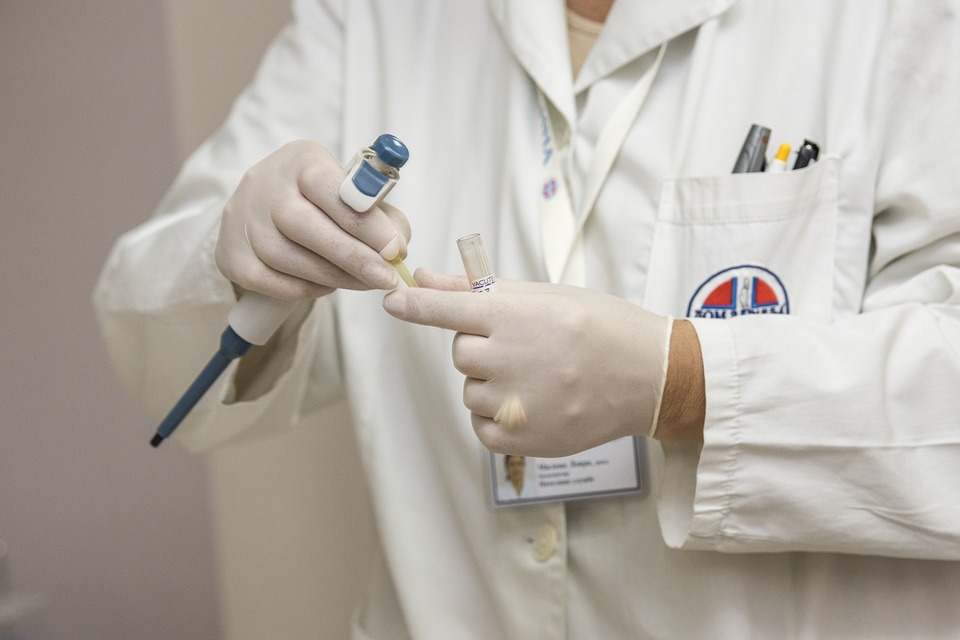At least 20 percent of people have allergies. That means that primary care physicians who see 20 patients per day will likely see four patients in the course of that day who struggle with some kind of allergy symptom. With environmental and food allergies on the rise, that number is likely to grow in the future.

(Pixabay / DarkoStojanovic)
Your patients may manifest allergies in the typical ways:
- Hay fever
- Sneezing
- Red, itchy eyes (often crusted with mucus)
- Ear infections
- Sinusitis
- Asthma
- Hives or eczema
Patients may also show their allergies with less-common but still prevalent symptoms:
- Chronic cough
- Gastrointestinal problems (food allergy)
- Eosinophilic esophagitis (inflamed esophagus due to food allergy. This condition causes heartburn, stomach pain, and food impaction.)
- Headaches
- Fatigue
Test In–office
When you see allergic patients in your clinic, you may start by treating them with prescription medications. Often, these are enough to keep symptoms at bay during the most pollen-heavy months of the year. If patients’ allergies are significant, interrupting their quality of life or affecting them over more than a few months of the year, however, they will likely want more than just a medication to address their symptoms temporarily.
Long-term relief from allergy symptoms may be achieved through allergy immunotherapy. The first step is usually an allergy test. It is possible to measure allergies through blood testing, but the “gold standard” testing method, as recommended by the American Academy of Allergy, Asthma, and Immunology, is skin scratch testing. Skin scratch testing, also called percutaneous testing, is considered to yield the most accurate results.
Skin Scratch Testing
If you are interested in doing skin testing in your office, you can start by placing an order for an allergy test kit—either an environmental or food allergy test kit or a combination of both. The allergy test kit for physicians comes with different allergen extracts, including a variety of pollen and mold as well as dust and pet dander.
Testing is not difficult. Staff members can usually learn how to skin test with an hour of training and can then test patients in about 15 minutes per patient.
The procedure is simple. Allergy skin test kits usually come with a multi-pronged device that can be dipped into different extracts. The prongs can then be pushed into the top layers of a patients skin. Because the prongs do not penetrate deeply, most patients don’t find the process to be very painful. After waiting for the test to develop, technicians can assess a patient’s sensitivity to various allergens by measuring the red welts or “wheals” that form where different extracts penetrated the skin.
TheAllergyEasyturnkey allergy test program offers test kits in three forms: environmental, food allergy, and combination (environmental and food allergy test kits). The program also offers training and ongoing support for primary care physicians seeking to increase their medical practice revenue by adding allergy testing and treatment to their menu of services.


